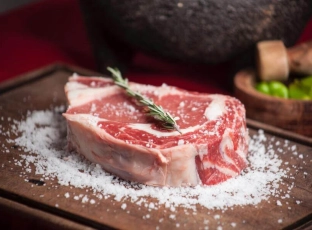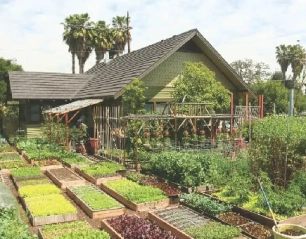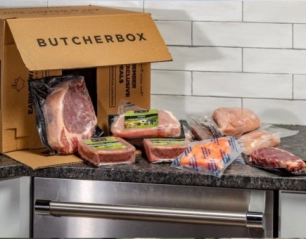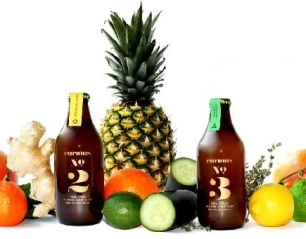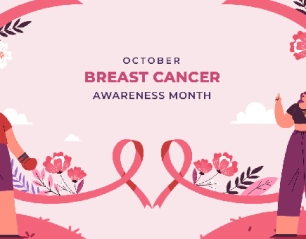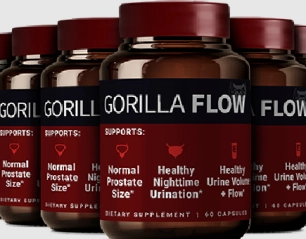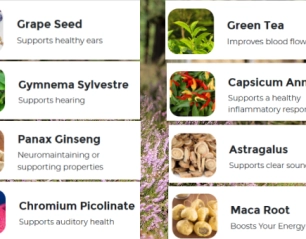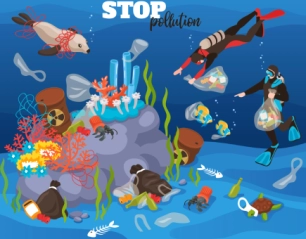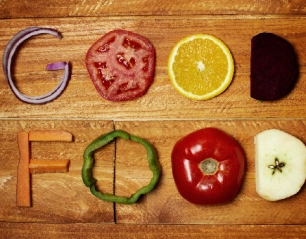Making a few straightforward but significant adjustments to your diet is one of the most effective things you could do to combat the effects of climate change. More than half of people in the United States and over three - fourths of people in the United Kingdom believe that it is critical to practise sustainable eating.
However, the facts on which foods are truly "sustainable," "green," or "eco-friendly" can be difficult to decipher, and occasionally the phrases themselves can even be downright deceptive. How can you be confident that the food you are consuming is truly sustainable when goods ranging from meat to beer are now being sold with labels claiming that they are "carbon neutral"?
A person who follows a vegetarian diet does not consume any products derived from animals, including meat, poultry, or fish. In addition to abstaining from the use of dairy products, eggs, and any other substances derived from animals, a vegan adheres to an even more stringent kind of vegetarianism. Both vegetarians and vegans often do not consume any items derived from animals for the same reasons. The most significant dissimilarity lies in the degree to which they approve of consuming products derived from animals.
For instance, people who are vegan or vegetarian may abstain from eating meat for reasons related to their health or the environment. Vegans think that avoiding all animal by-products has the greatest positive effect on both their own health and the environment, hence they make the decision to abstain from consuming such items. In terms of morality, vegetarians are against the practise of slaughtering animals for food, but they do not object to the use of animal by-products like milk and eggs so long as the animals are housed in humane conditions.
On the other side, vegans are of the opinion that animals should not be used for any purpose by humans, including but not limited to the production of food, clothing, scientific research, or entertainment. As a consequence of this, they try to steer clear of any and all animal by-products, and it doesn't matter to them how the animals are raised or housed. For vegans, the decision to forgo dairy and eggs is motivated by a strong desire to prevent any and all types of animal abuse. Vegetarians, on the other hand, have no problem ingesting these items.
The food supply chain around the world is incredibly intricate, and there are a wide variety of origins for emissions. A good number of issues take place before we ever have the opportunity to select food from a shelf, including land use, farming, packaging and shipping, and pre-retail waste. However, keeping in mind a few basic guidelines can be of assistance in navigating this complex maze and ensuring that the dietary choices we make do in fact contribute to the reduction of greenhouse gas emissions.
Was this helpful?




